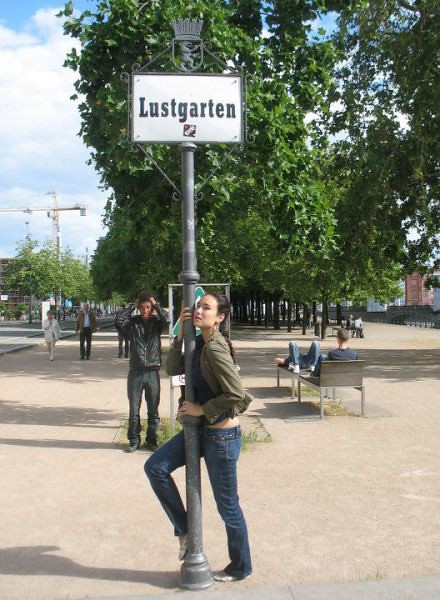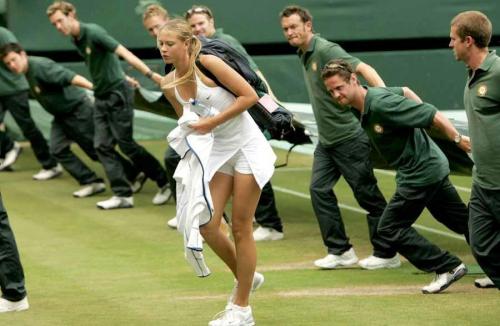I bought a book the other day on addictions counselling and it is quite good. Most Australian produced books on this topic stick with CBT and that’s it. This book does the CBT but also looks at the therapeutic alliance as they call it. They deal with the process between the client and therapist as well which is good to see.
In it they make a interesting comment which one finds from time to time. In discussing the client therapist relationship they look at what does a therapist say if a client asks the therapist if he/she is sexually attracted to them. They say the therapist should respond by neither confirming or disconfirming any sexual attraction to the client. Instead the therapist should ask why such a question is important to the client and explore the thoughts and feelings the client has about wanting to know and so forth.

They state that for the emotionally robust client this will permit a much deeper exploration of their reactions, hopes, fears and wants than if the therapist revealed their exact feelings. For the emotionally fragile client they say it would be too anxiety provoking for the therapist to answer directly.
This is a view held by some approaches that one sees from time to time. The problem is I don’t believe their reasoning behind not answering the question. It has too much of a flavour of a therapist ducking for cover by hiding in their theory. It is a very convenient response for the therapist that keeps them emotionally safe and allows them to slip side ways out of a difficult series of transactions.
Whilst one gets this question from time to time the more common one is when the client asks the therapist if he/she is angry at them. The approach cited above would do the same in this instance. They would not answer the question and seek to know why such a question is important for the client, explore feelings and so forth.

Regardless of your theory or beliefs about the therapeutic relationship the bottom line is one person has asked another person a direct question and the other person refuses to answer it. Most often the client will ask because they think they are picking up an ulterior transaction from the therapist. If this is the case then client is doing good open direct communication. If you sense something in a relationship then asking about it in an open and direct way is good communication.
So the client does this and then the therapist blocks it by not answering in a direct and open way. At the very least the therapist is modelling bad communication styles and saying, “Do as I say, not as I do”.
In addition to this I think the client’s question of are you attracted (or angry) to me, carries another question imbedded in it. The client is asking the therapist to be a human with the client in that instance. The client is asking for a simple piece of human to human communication. In response the therapist refuses and answers as a therapist. In my view this is disrespectful to the client.

The therapist not answering the question
Regardless of not respecting the client as a human in my view not answering the question is bad from a therapeutic point of view anyway. If you ask someone a question and they respond by giving you lots of words that does not answer the question what then happens in side you? It immediately builds up FC curiosity. If you ask a question and don’t get an answer the FC stills wants its question answered and now it also wants to know why you didn’t answer the question in the first place. That seems like a natural reaction if you don’t get a question answered.
After all the analysis and exploration the client is still going to wonder what the therapist feels about them. But now they know not to ask the question as they wont get an answer.
It makes it an issue when it doesn’t have to be. If you answer the question directly it defuses it and then the relationship can move forward. If you don’t answer the question it makes it an issue in the relationship that just complicates matters. If answered directly in a careful way no client is going to be damaged by it. Their intuitive Little Professor ego state knows the answer anyway.

Body language. Client’s watch the body language of the therapist very closely.
Theory smeary! Throw away all your theory and therapeutic explanations and asks self:
What does my FC feel towards this client at this time?
What’s in it for my FC not to answer the question?
This is what the client will be asking self after you refuse to answer the question. - What does the therapist’s FC feel about me and what’s in it for their FC to not answer my question?
Graffiti


0 comments:
Post a Comment